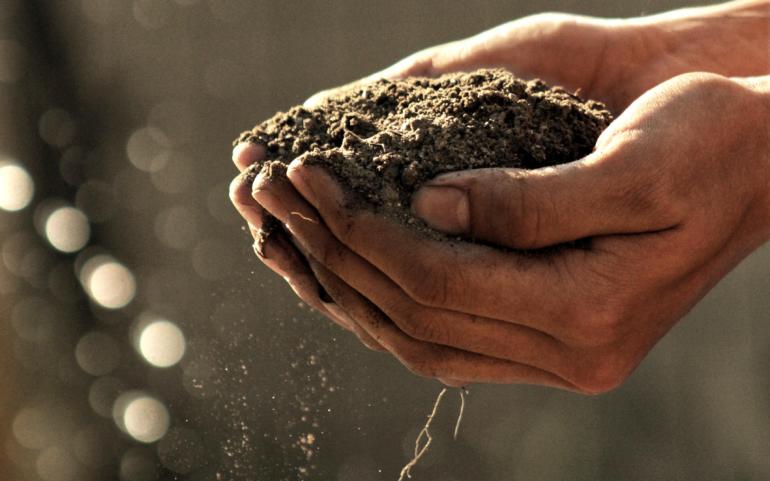The next time you pour a glass of your favorite wine, think about where it came from. The quality of the soil in the vineyard and the care and attention paid by the farmers and winemakers. It all matters when it comes to producing its’ foundation – beautiful, healthy grapes.
Just as there are multitude of grapes used to produce wine, there is a wide range of agave used in the production of spirits such as Avila, Tequila and Mezcal. If you were to count the varying species of agave that grows in Mexico, your tally would be in the hundreds; however, there are a few species of agave which agaveros – agave farmers – typically plant and are used for distillation. It’s also important to note that the complexities of agave will also differ based on the terroir in which its grown – a testament to the quality of the soil and the processes used to facilitate its growth and harvest. It’s safe to say that not all agave – even agave of the same species – is created equal.
If entered in a popularity contest, blue weber and espadin would be neck and neck in the vote as they’re two of the most frequently used in the spirits industry. By Mexican law, Blue Weber, also known as agave tequiliana, is the only species of agave that can be used to distill tequila, and like our cousin spirit, it’s also what we choose to use to manufacture our REVEL Avila. Maturing in the 5 – 9 year range, it’s considered fast-growing and offers a distinct, sweet taste with some of the highest sugar content found amongst all agave species.
Another species that’s commonly used, especially for the distillation of Mezcal, is espadin also known as agave angustifolia. It’s closely related to Blue Weber; however, it doesn’t offer quite the sweet flavor profile, rather more herbal or citrus notes. Until recently, espadin it’s dominated in the world of Mezcal, accounting for nearly 90% of production, but there are now a handful of other species that distillers are turning to.
No matter what species of agave may be used in the spirit you’re consuming, nothing will have quite the impact on its overall quality as the terroir in which the agave was grown – this is no secret either and is something that all farmers across the world – even backyard garden connoisseurs – will attest to. It’s all about the soil and the environment. For Avila, which can only be produced in Morelos, using agave grown within its borders, the terroir is unmatched. Thanks to El Popo, an active volcano to the north which deposits volcanic ash following eruptions, the soil found in Morelos is incredibly rich in nutrients. Compared to the soil in northern Mexico, where tequila is produced, Morelos’ soil is considered virgin, not having been farmed for hundreds of years and depleted of the minerals which help produce agave. The result? More vibrant and healthy agave and a more pleasing experience for your palate.
This is something only Morelos can offer; something which we at Revel Spirits are eager to share with the world.
#MasEspiritu



